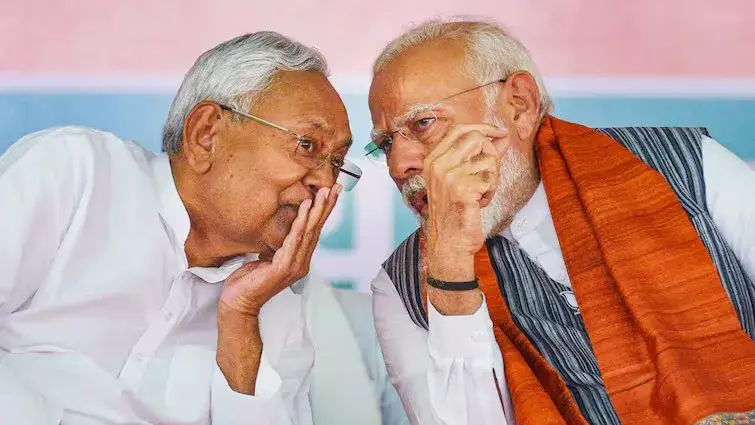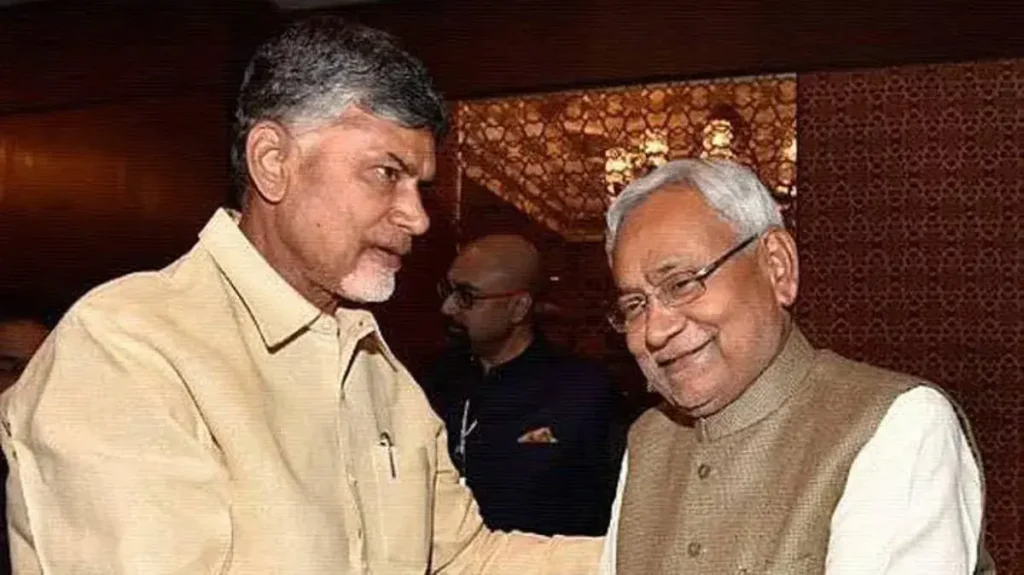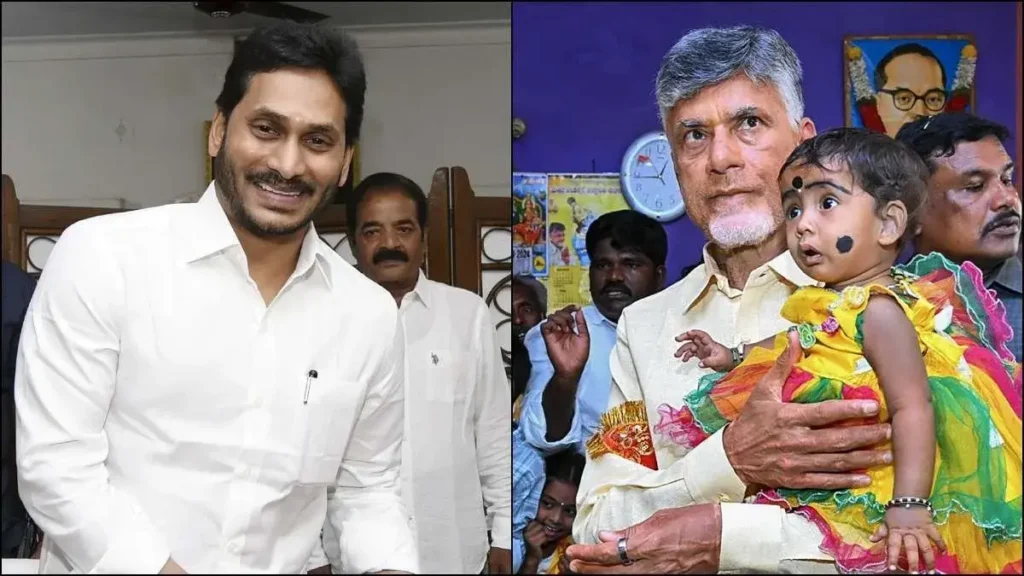BJP-Led Central Government Denies Special Category Status for Bihar
The BJP-led central government has rejected the demand for special category status for Bihar, a request made by its ally JD(U). This decision will also affect a similar demand from another ally, the TDP, for Andhra Pradesh. Junior Finance Minister Pankaj Chaudhary communicated the government’s stance in a written reply to JD(U) MP Rampreet Mandal. Chaudhary explained that the term “special category” was a concept used by the now-defunct Planning Commission, and states have since benefited from special packages instead. The rejection of special category status, though significant due to the importance of JD(U) and TDP’s Lok Sabha numbers for the Modi government, was anticipated and is based on the 14th Finance Commission’s recommendation. The Commission had suggested ending the special category status scheme, which provided incentives like tax concessions to industries in backward states, in favor of increasing the devolution of central funds to states from 32% to 42%. Both TDP and JD(U) seem to have considered this outcome in their political strategies. Andhra Pradesh Chief Minister and TDP chief N. Chandrababu Naidu has shifted his focus towards securing central assistance for specific projects such as the development of Amaravati as a new capital and the Polavaram dam project. At a recent all-party meeting, TDP representative Lavu Sri Krishna Devarayalu did not raise the issue of special category status, which reportedly annoyed the Congress. Meanwhile, JD(U) working president and Rajya Sabha MP Sanjay Jha reiterated Bihar CM Nitish Kumar’s demand for special category status during the same meeting but also showed understanding for the central government’s stance, indicating the party might settle for central assistance in managing floods. The decision sparked political reactions, with Lalu Prasad’s RJD taunting JD(U). “Nitish Kumar assured special status for Bihar. Since the Centre has refused, he should resign immediately,” said Lalu. In response, Union Minister Giriraj Singh pointed out that Lalu remained silent when the UPA denied special category status to Bihar, suggesting that the current criticism was hypocritical. Pankaj Chaudhary, in his written reply, explained that special category status was previously granted by the National Development Council (NDC) to states with certain characteristics, such as hilly terrain, low population density, significant tribal populations, strategic border locations, economic and infrastructural backwardness, and non-viable state finances. The decision to grant special status was based on a thorough consideration of these factors and the unique situation of each state. LJP (RV) MP Shambhavi Choudhary added that while the term “special status” ceased to exist after the formation of Niti Aayog, states have continued to receive special packages to accelerate development.
BJP-Led Central Government Denies Special Category Status for Bihar Read More »



